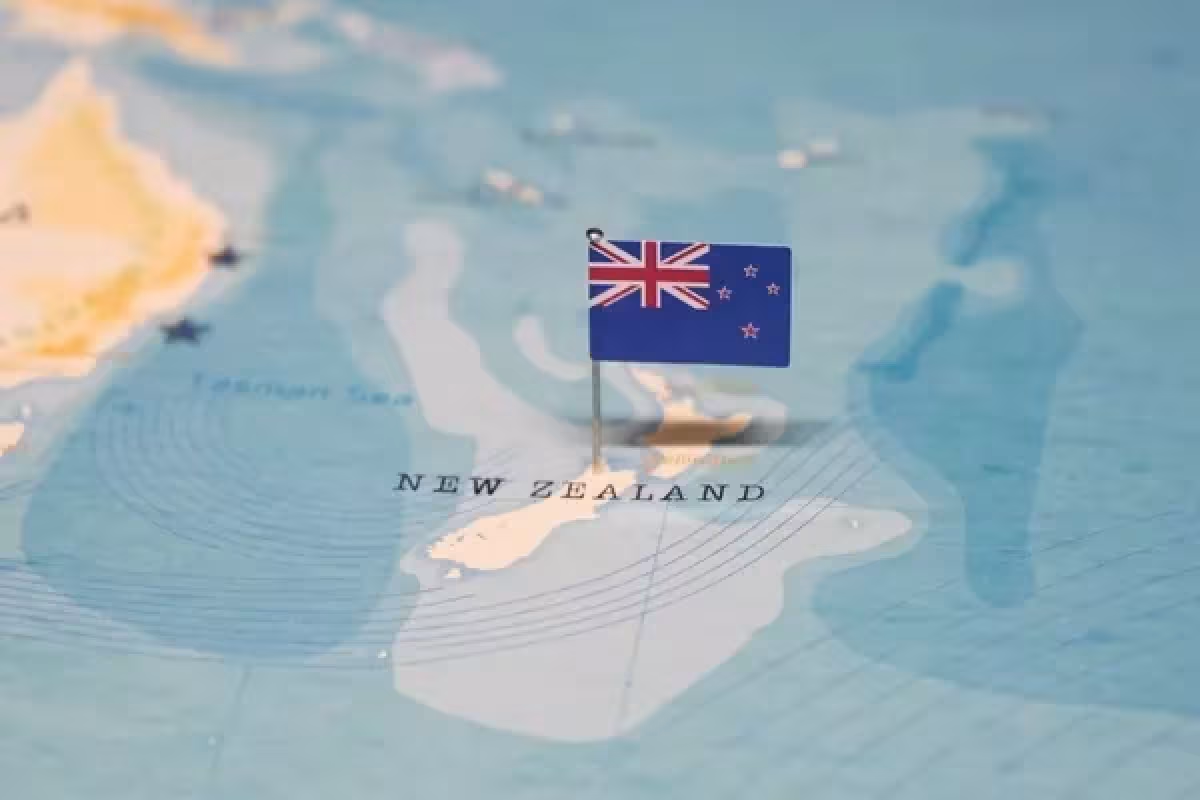
SHERIDAN, WYOMING – Feb. 1, 2025 – In a landmark achievement for sustainable energy, Japan’s Obayashi Corporation has successfully completed the first-ever export of green hydrogen from New Zealand to Fiji. This pioneering initiative supports Fiji’s decarbonization efforts by using the hydrogen in a diesel-hydrogen generator to power local buildings, marking a critical step toward global climate neutrality.
A Pioneering Project for Clean Energy Transition
The green hydrogen, produced at Halycon Power’s 1.25MW facility in Taupo, New Zealand, leverages renewable electricity from the nearby Mokai geothermal power plant. After production, an unspecified quantity of hydrogen was transported in gas cylinders from Auckland’s port to Lautoka, Fiji, complying with the International Maritime Organization (IMO) regulations. The journey took approximately one week, culminating in the hydrogen’s use at a diesel-hydrogen generator installed at the Fiji Gas LPG Lautoka Terminal.
This milestone aligns with New Zealand’s recently outlined hydrogen action plan, which prioritizes the nation’s abundant renewable energy resources to scale hydrogen production and reduce carbon emissions.
New Zealand’s Hydrogen Strategy Takes Shape
New Zealand’s focus on hydrogen stems from its recognition of the country’s vast renewable energy potential, particularly geothermal, wind, and hydropower. By channeling these resources into green hydrogen production, the nation aims to position itself as a key player in the global clean energy market while advancing its decarbonization goals.
The Taupo project exemplifies this strategy, utilizing geothermal energy—a cornerstone of New Zealand’s renewable infrastructure—to produce emission-free hydrogen.
From Production to Power: A Seamless Process
The green hydrogen’s journey began at Halycon Power’s Taupo facility, where geothermal energy from Mokai ensured a carbon-neutral production process. Once bottled, the hydrogen was shipped to Fiji, demonstrating a viable supply chain for international green hydrogen trade.
Upon arrival, the hydrogen was integrated into a diesel-hydrogen generator at the Fiji Gas Terminal. Obayashi confirmed the generator “successfully supplied electricity by adjusting the hydrogen flow rate to meet the facility’s power demand,” showcasing the technology’s adaptability and reliability.
Backed by Japanese Government Innovation
This project was selected in 2022 as part of a demonstration funded by Japan’s Joint Crediting Mechanism (JCM) Financing Support Program, which promotes carbon reduction initiatives in partner countries. The JCM’s support underscores Japan’s commitment to fostering global collaborations that accelerate the adoption of green technologies.
Obayashi’s Vision for a Climate-Neutral Future
Obayashi Corporation emphasized its dedication to sustainability in a recent statement: “We will continue contributing to the realization of a climate-neutral society by further promoting the social implementation and deployment of green hydrogen through collaboration with domestic and international stakeholders.”
The company’s success in Fiji highlights the potential of green hydrogen to replace fossil fuels in energy-intensive sectors, particularly in island nations reliant on imported diesel for power generation.
A Blueprint for Global Green Hydrogen Adoption
The New Zealand-Fiji hydrogen export sets a precedent for international clean energy partnerships. By proving the feasibility of cross-border green hydrogen trade, Obayashi and its partners have opened doors for similar projects in regions seeking affordable, renewable energy solutions.
For Fiji, this initiative reduces dependency on diesel, lowers carbon emissions, and enhances energy security. For New Zealand, it reinforces the economic and environmental value of investing in renewable hydrogen infrastructure.
Looking Ahead
As nations worldwide ramp up efforts to meet net-zero targets, projects like this demonstrate the practicality of green hydrogen as a scalable, clean energy source. Obayashi’s achievement not only supports Fiji’s climate goals but also positions New Zealand as a hub for renewable hydrogen production in the Asia-Pacific region.
For more information on Obayashi’s green hydrogen initiatives or the JCM Financing Support Program, visit the official Obayashi Corporation website.